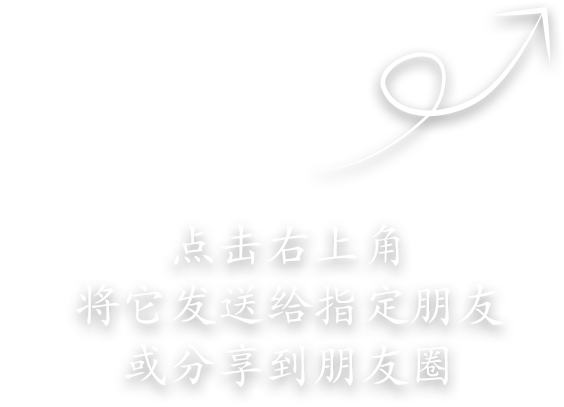China's Pilot Free Trade Zones Maintain Duty-Free Policies Amid Tariff Escalations
In the evolving landscape of international trade, China's pilot Free Trade Zones (FTZs) continue to serve as pivotal platforms for economic experimentation and openness. Amid recent tariff escalations between major economies, the Ministry of Commerce has affirmed that existing duty-free policies within these zones remain unchanged.
He Yongqian, spokesperson for the Ministry of Commerce, emphasized during a recent press conference that goods entering the designated supervision areas of China's pilot FTZs will continue to benefit from current bonded policies. This means that products can be imported into these zones without immediate payment of duties. However, she clarified that when these goods exit the FTZs and enter the broader Chinese market, applicable taxes and duties must be settled in accordance with prevailing regulations.
China's pilot FTZs have been instrumental in the nation's reform and opening-up initiatives. Since their inception, these zones have introduced a series of pioneering measures aimed at fostering a market-oriented, law-based, and international business environment. They have served as testing grounds for policies that, upon success, are often implemented nationwide.

The resilience of the FTZs is evident in their trade performance. In the first three quarters of 2024, the 22 pilot FTZs recorded a combined import and export value of approximately 6.09 trillion yuan (about $853.1 billion), marking an 11.99% year-on-year growth. This growth rate notably surpassed the national foreign trade growth rate by approximately 6.7 percentage points. Exports from these zones rose by 16.1% to 2.74 trillion yuan, while imports increased by 8.83% to 3.35 trillion yuan during the same period.
These figures underscore the FTZs' role as significant contributors to China's foreign trade, accounting for about 20% of the nation's total foreign investment and import-export volume. The sustained growth within these zones reflects their effectiveness in attracting foreign investment and facilitating trade, even amid global economic uncertainties.
For international businesses and investors, the stability of policies within China's FTZs offers a degree of predictability in an otherwise fluctuating trade environment. The continuation of duty-free treatments within these zones ensures that companies can leverage the FTZs for warehousing, manufacturing, and other operations without immediate tariff implications. However, businesses must remain cognizant of the regulatory requirements when goods transition from the FTZs to the domestic Chinese market.
As China continues to navigate complex international trade dynamics, the pilot FTZs stand as testament to the country's commitment to reform and openness. They not only serve as hubs for economic activity but also as laboratories for policies that may shape the future of China's engagement with the global economy.





















































First, please LoginComment After ~